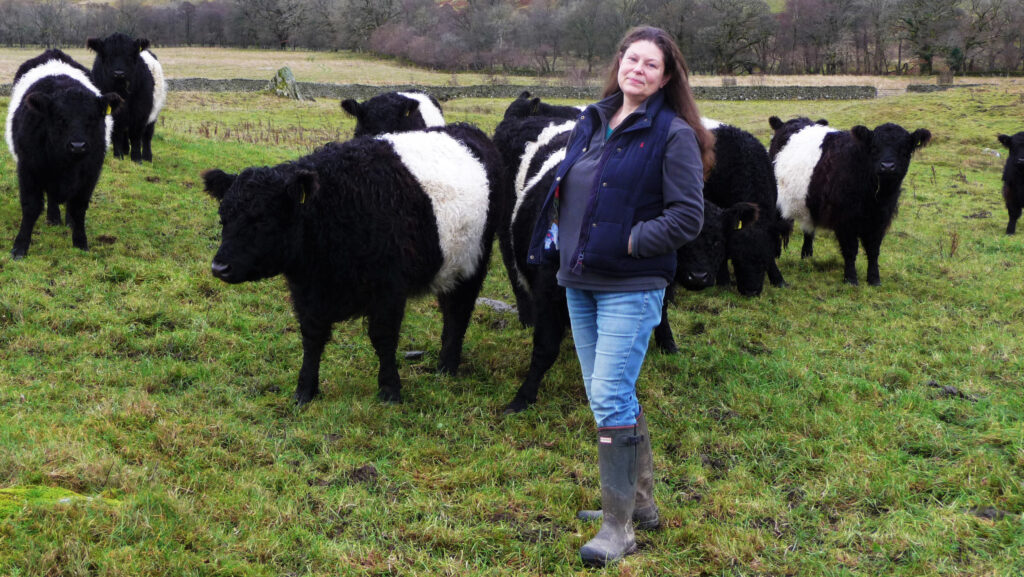Opinion: Government should pay as much attention to farmers as resident doctors
 © Joy Bowes
© Joy Bowes It is reported that farm closures are accelerating and outnumbering new ventures.
For understandable reasons, more headlines have been captured by the resident doctors’ strike, but there are parallels.
People who have committed to a line of work that is more than just a job, and who are expected to value its intangible rewards as much as its pecuniary ones, are deciding that they can’t carry on as things stand.
See also: Opinion – government’s IHT stance is ‘incompetence and instransigence’
I understand this sentiment, although my experience was less extreme.
I took redundancy from my last employment because the work I thought I was there to do was about to become completely obscured by an accretion of other duties.
Following yet another cost-saving restructure, if I stayed on I would be spending much less time being a lawyer, which I enjoyed, and much more on administration and managing people, which I didn’t.
Once I had decided to go, it was easy for me to walk away.
I didn’t feel defined by my job and I wasn’t going to pine for a shared “hot desk” in an open-plan office.
But were I a farmer, I wouldn’t just be leaving a desk or a building.
I would be giving up not only a satisfying occupation but a way of life and the social network that goes with it, as well as my home, the views from its windows of the animals I’d raised or the crops I’d planted, and the future I had hoped my children would have.
In short, my identity. I think I would have to be utterly disillusioned and demoralised to do that.
It isn’t necessarily about money, although there may come a point when you are looking enviously at someone whose job seems far less onerous than yours and wondering why you aren’t paid as much.
As well as remuneration, the young doctors’ dissatisfaction seems to have its roots in a feeling that they should not have to put up with unsatisfactory conditions today on the promise of “jam tomorrow” in the form of a lucrative consultant post.
For those in agriculture, the problem is not just no jam either today or tomorrow, but the possibility that the bread may be taken away too.
For those in agriculture, the problem is not just no jam either today or tomorrow, but the possibility that the bread may be taken away too.
Inevitably, farmers are questioning why producing food isn’t enough to keep their farms going.
If they have already entered environmental schemes and diversified into glamping pods but the only way to stay afloat in future will be by growing trees, solar panels and houses, then what’s the point of trying to farm at all?
Strikes by medics, and the effect they have on patients, are hard to ignore.
It will be interesting to see whether the government throws money at the doctors (again) or tackles the NHS’s underlying problems, but it won’t be able to do nothing.
What it probably will do nothing about is farm closures, which nobody notices unless they live near one that is now acres of solar panels.
But the cumulative effect could be as damaging for the country as an exodus of young doctors.
The government ought to, but won’t, pay as much attention to the former as the latter, and analyse the underlying reasons.
It then ought to, but won’t, be prepared to do something to arrest the trend before it becomes a seriously detrimental agricultural decline.

